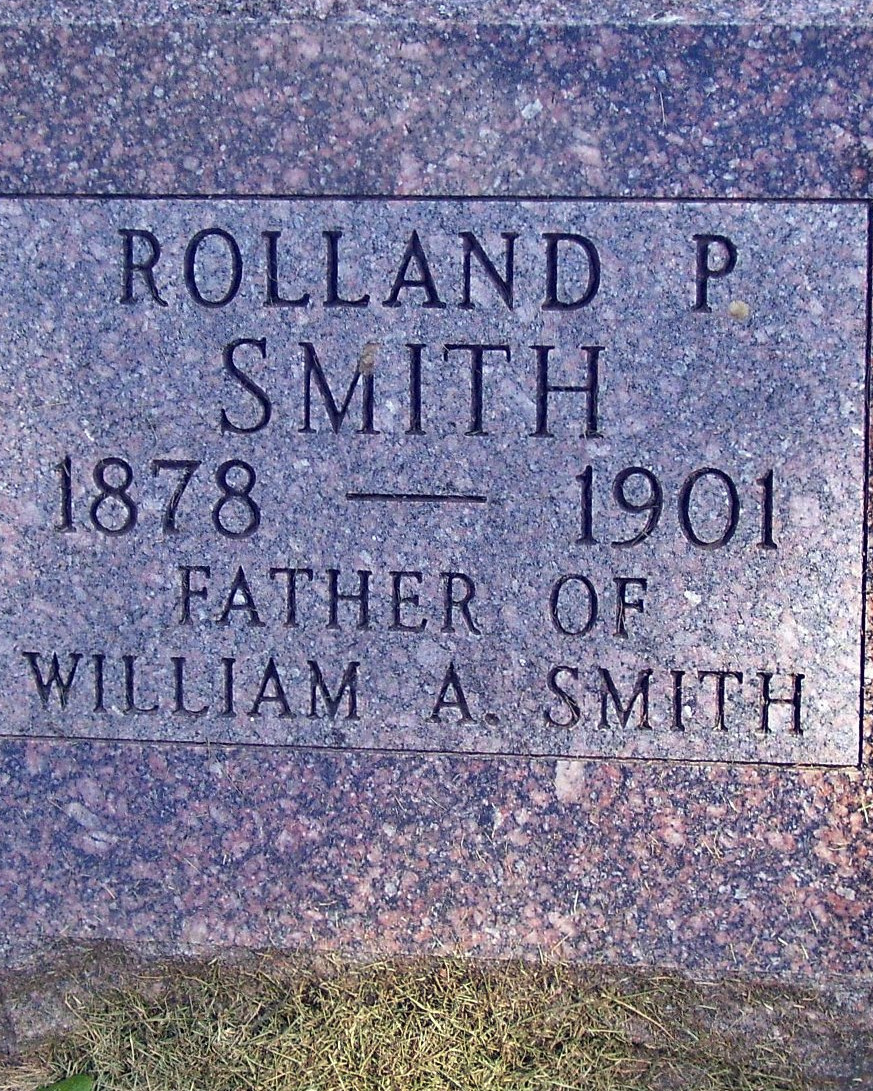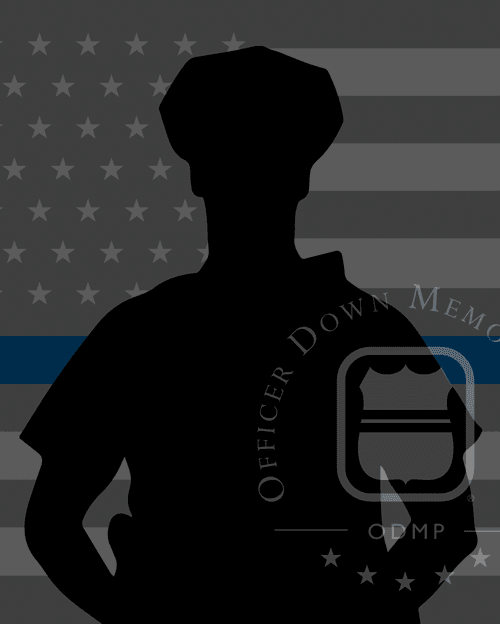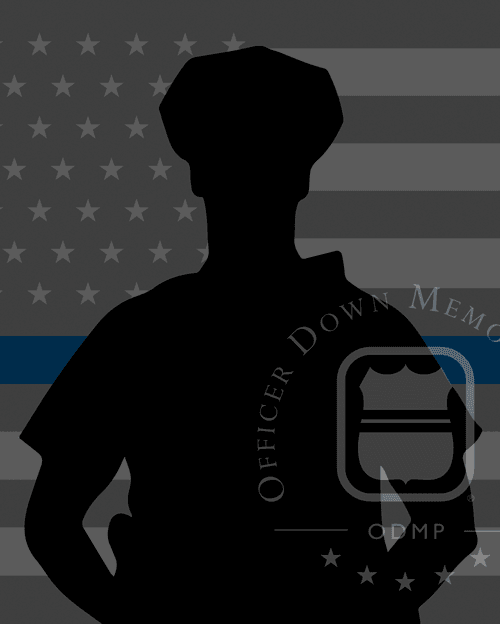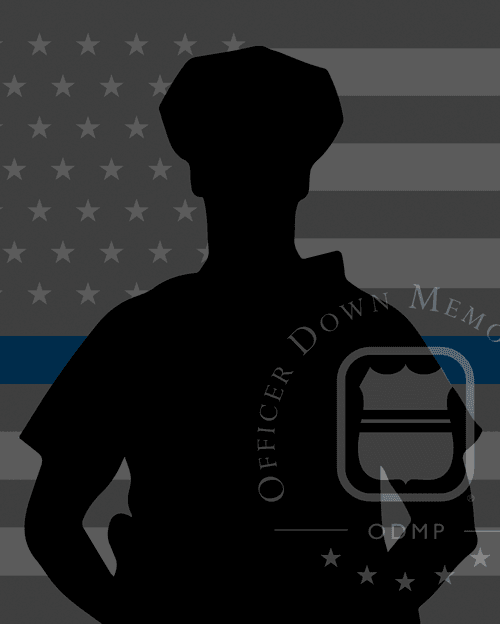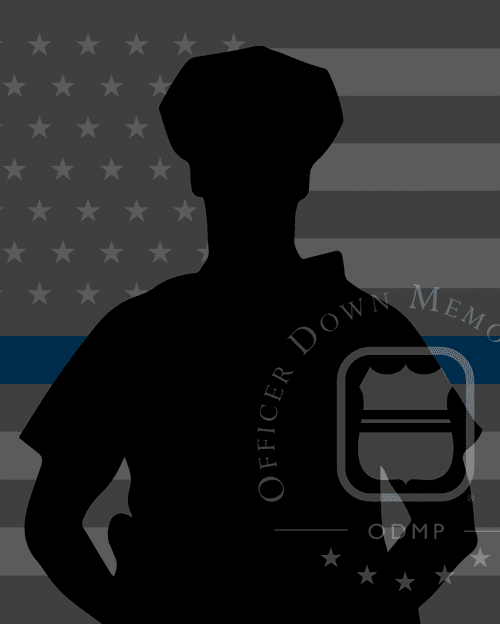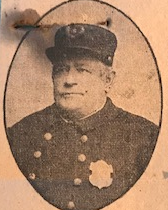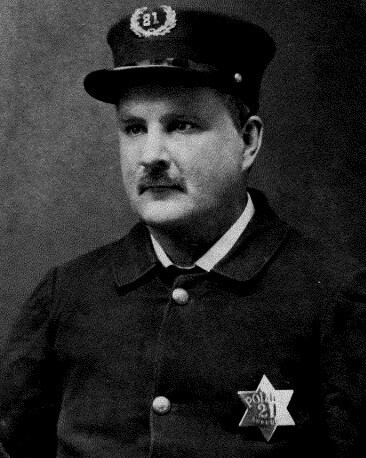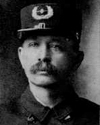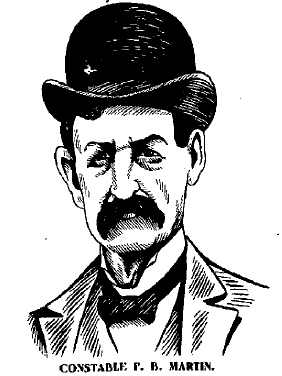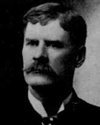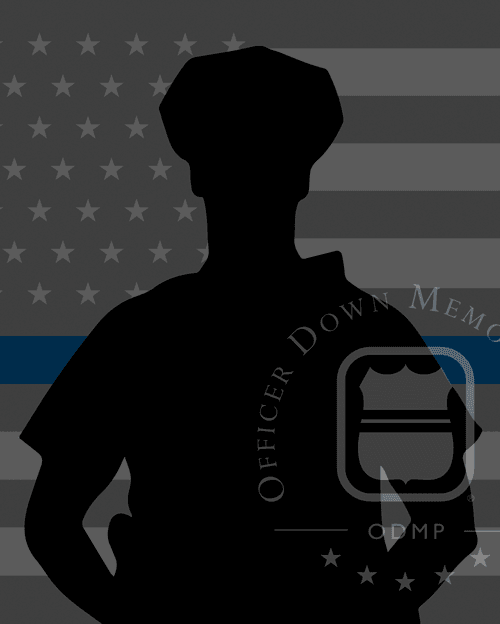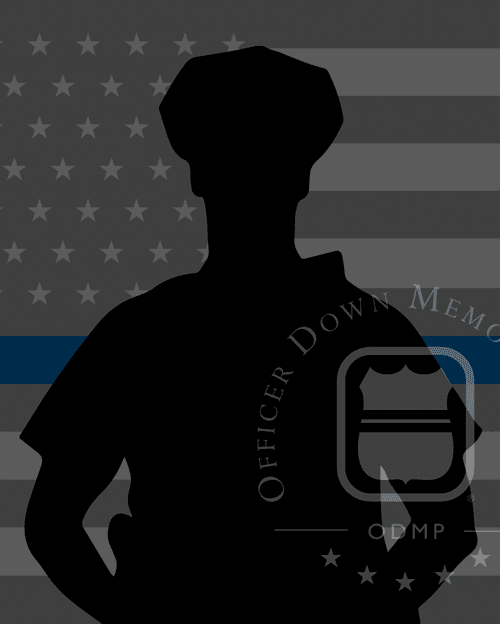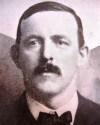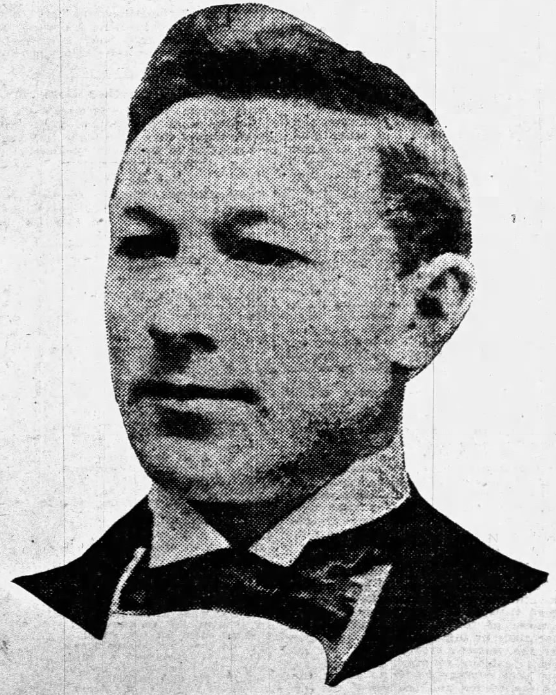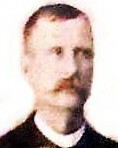
Policeman James Lawrence Kent
Ottumwa Police Department, IA
EOW: Wednesday, November 28, 1900
Policeman James Kent succumbed to an accidental gunshot wound sustained while attempting to remove his pistol from its holster.
He had received reports of a vicious dog at the corner of Fourth Street and Court Street and had gone to the location to locate it. Upon arriving at the corner he attempted to remove his pistol to shoot the dog but the trigger caught on his clothing and it discharged. The round struck him in the leg, causing a serious injury.
Policeman Kent was transported to the local hospital where he remained until succumbing to the wound.
Policeman Kent had served with the Ottumwa Police Department for three years and was the acting desk sergeant the night of the shooting. He was survived by his wife and two children.
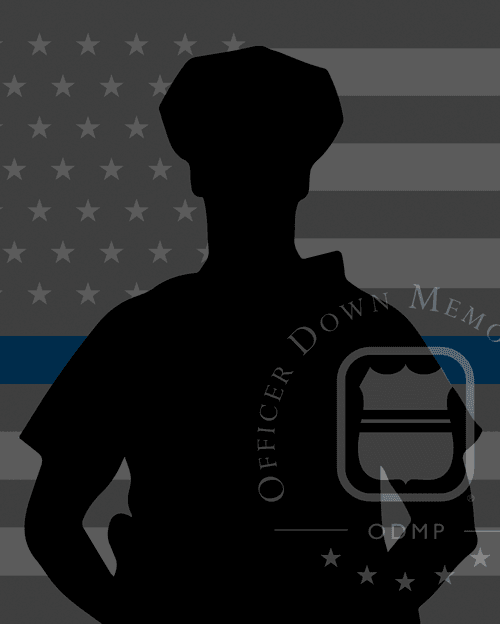
Night Watchman Ole McMillan
Humboldt Police Department, IA
EOW: Sunday,
July 7, 1901
Night Watchman Ole McMillan was shot and killed while responding to a domestic disturbance involving a man who was abusing his family. The man heard that Watchman McMillan was coming, grabbed his shotgun, and went out to meet him. As the two met on the road near the suspect's home, the suspect shot Watchman McMillan in the chest, killing him instantly.
The suspect, 54, was found guilty of second degree murder and sentenced to 25 years in prison. He was given a day of freedom in 1905 so he could attend the funeral of his two daughters who had drowned in Humboldt. He was paroled a few years later.
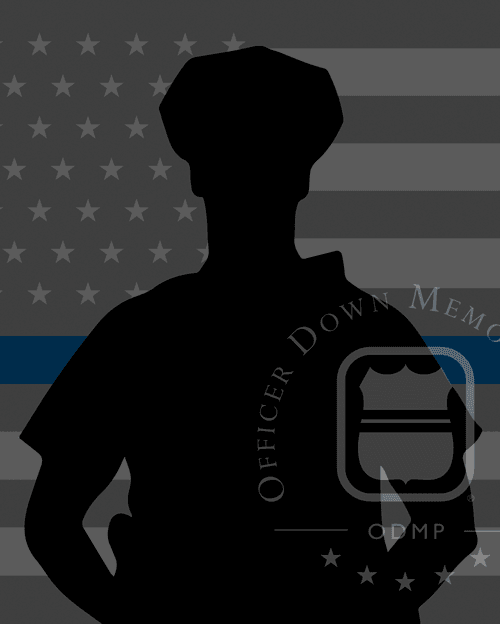
City Marshal Charles J. Lodine
Albert City Marshal's Office, IA
EOW: Saturday, November 23, 1901
City Marshal Charles Lodine was shot and mortally wounded in a gun battle with three bank robbers.
Three men, who had blown open a safe at the bank in Greenville, Iowa, the night before, were trapped at the depot in Albert City by Marshal Lodine and a Greenville posse. When ordered to surrender, the suspects opened fire killing a posseman and wounding Marshal Lodine in the groin. The posse returned fire killing one suspect. The other two escaped into the country, but were captured a short time later. Marshal Lodine succumbed to his wounds a week later.
The two captured suspects were convicted of two counts of first degree murder and sentenced to death December 6, 1901. Their sentences were commuted to life January 21, 1903. One of the suspects died in prison March 20, 1911.
